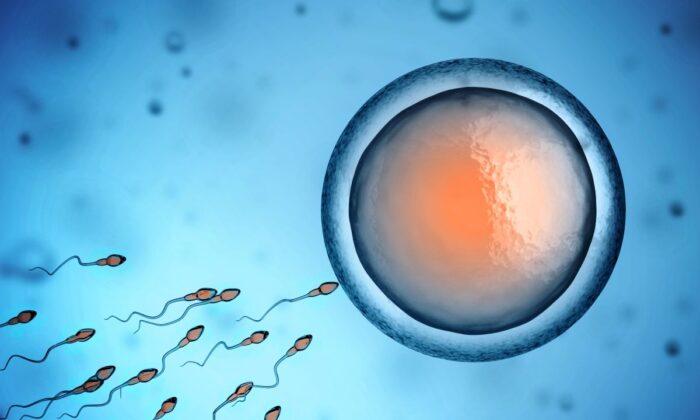The University of Adelaide is set to undertake a new study to develop accurate and consumer-friendly descriptions for edible insects, one of the most sustainable and protein-rich food sources known.
Adelaide University PhD researcher Ishka Bless says part of the solution is to better understand the barriers to eating insects, especially in Western countries, and then develop strategies to overcome them.
“One of these barriers is a lack of Western consumer experience with insects as food,” she said.
“We can often feel hesitant about trying new foods because we don’t know what flavours and textures to expect. Having an accurate description of what people can expect when eating insects that have been farmed and prepared for human consumption may help them overcome some of the negative connotations often associated with insects, such as ‘pest’ and ‘creepy crawly’.”
Bless added that this may also give the food industry a better idea of how to incorporate insects into new products and on restaurant menus. Currently, the flavours and textures aren’t well described for industry use.
To develop these new descriptions, as part of her PhD, Bless is recruiting taste testers to taste and describe a range of commercially available farm-raised edible insects such as those mentioned above.
Various cooking techniques will be used, and the tastings will be conducted at the University of Adelaide’s Waite campus in March and April.
Once collected, the descriptions will be used to create a vocabulary and sensory wheel, which represents the sensations produced in experiencing the flavour and texture of each insect dish.
This information will then be socialised further in consumer focus groups and with industry.
Eating insects, also known as entomophagy, is common across Asia, Africa, and Latin America. Outside these regions, the market is growing in European countries such as the Netherlands, France, the UK and Belgium, and emerging in Australia.
Edible insects such as mealworms and crickets are available online, but due to low demand, they are still quite expensive.
Bless said that considering population growth and climate change, transitioning to sustainable and resilient food sources will be critical to food security, and edible insects may have an important role to play in providing an alternative source of protein.
“So if we can help to get people more comfortable with insects as a food and ingredient by breaking down some of the barriers, such as better describing the experience of entomophagy, we may be able to help people incorporate a few bugs into their diets,” she said.
The report pointed out that among ways to achieve this, Australia must establish new collaborative partnerships among First Nations Peoples, researchers, industry, and government; co-develop First Nations Peoples’ owned and led initiatives; improve Western perceptions of eating insects; identify and incorporate native insect species to promote an ecologically sustainable industry; and produce new edible insect foods that are delicious, nutritious, and accessible to help improve the Australian diet.
“Increasing investment, ongoing collaborations, as well as research and development, are key for Australia to become an international player in producing Australian-branded edible insect products, that are nutritious, delicious, sustainable, and ethically sourced,” the report says.
“This can contribute to meeting the global challenge of achieving food security.”





